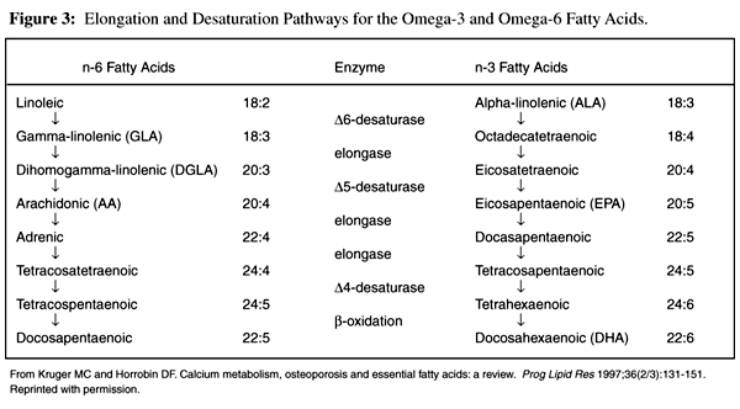Mediterranean Diet and Telomere Length in Nurses’ Health Study: Population Based Cohort Study
SOURCE: British Medical Journal 2014 (Dec 2) ~ FULL TEXT
Marta Crous-Bou, Teresa T Fung, Jennifer Prescott,
Bettina Julin, Mengmeng Du, Qi Sun, Kathryn M Rexrode,
Frank B Hu, Immaculata De Vivo
Channing Division of Network Medicine,
Department of Medicine,
Brigham and Women’s Hospital
and Harvard Medical School,
Boston, MA 02115, USA
OBJECTIVE: To examine whether adherence to the Mediterranean diet was associated with longer telomere length, a biomarker of aging.
DESIGN: Population based cohort study.
SETTING: Nurses’ Health Study, an ongoing prospective cohort study of 121,700 nurses enrolled in 1976; in 1989-90 a subset of 32,825 women provided blood samples.
PARTICIPANTS: 4676 disease-free women from nested case-control studies within the Nurses’ Health Study with telomere length measured who also completed food frequency questionnaires.
MAIN OUTCOME MEASURE: Association between relative telomere lengths in peripheral blood leukocytes measured by quantitative real time polymerase chain reaction and Alternate Mediterranean Diet score calculated from self reported dietary data.
RESULTS: Greater adherence to the Mediterranean diet was associated with longer telomeres after adjustment for potential confounders. Least squares mean telomere length z scores were -0.038 (SE 0.035) for the lowest Mediterranean diet score groups and 0.072 (0.030) for the highest group (P for trend = 0.004).
There are more articles like this @ our:
CONCLUSION: In this large study, greater adherence to the Mediterranean diet was associated with longer telomeres. These results further support the benefits of adherence to the Mediterranean diet for promoting health and longevity.
From the FULL TEXT Article:
Introduction
The traditional Mediterranean diet is characterized by a high intake of vegetables, fruits, nuts, legumes, and grains (mainly unrefined); a high intake of olive oil but a low intake of saturated lipids; a moderately high intake of fish; a low intake of dairy products, meat, and poultry; and a regular but moderate intake of alcohol (specifically wine with meals). [1] Observational studies and intervention trials have consistently shown the health benefits of a high degree of adherence to the Mediterranean diet, including reduction of overall mortality [2-4]; reduced incidence of chronic diseases, especially major cardiovascular diseases [5]; and increased likelihood of healthy aging. [6]
Read the rest of this Full Text article here!



Leave A Comment